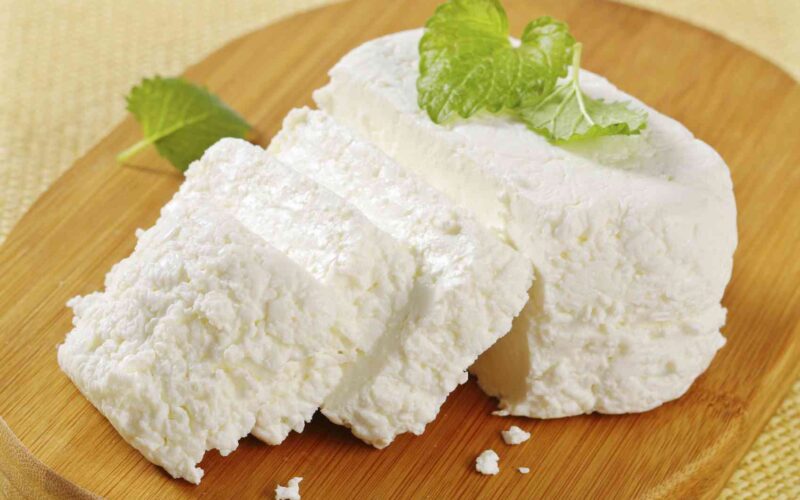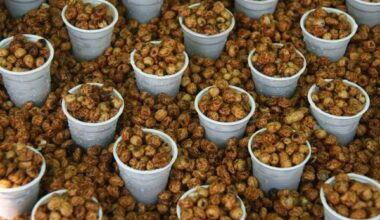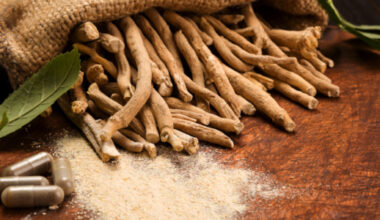Pregnancy is a precious and delicate time in a woman’s life, where she needs to pay extra attention to her diet and nutritional intake. As an expectant mother, it is natural to have questions and concerns about the foods you can safely consume during pregnancy. One such query that often arises is about cotija cheese and its suitability during this crucial period. This post will examine the safety, benefits, and considerations of consuming this cheese mentioned above during pregnancy.
RELATED; Is Ashwagandha Safe to Take During Pregnancy?
What is Cotija Cheese?
Cotija cheese is a popular Mexican cheese that originates from the town of Cotija in Michoacán, Mexico. It is made from cow’s milk and is a hard, crumbly cheese with a rich, salty flavor. The cheese gets its name from the town of Cotija, where it was first made. Traditionally, cotija cheese was made from raw milk, but nowadays, the majority of this cheese available in the market is pasteurized to ensure safety.
Is Cotija Cheese Safe During Pregnancy?
The safety of consuming this cheese during pregnancy depends on the type of cheese you choose. There are two main types of this cheese available: unpasteurized and pasteurized.
- Pasteurized Cotija Cheese: The pasteurized type is safe to consume during pregnancy. Pasteurization is a process that involves heating the cheese to a high temperature to kill harmful bacteria, making it safe for pregnant women to eat. Most commercially available cotija cheese in the United States and other countries is pasteurized, so be sure to check the label to ensure it is pasteurized before consuming.
- Unpasteurized Cotija Cheese: Unpasteurized type, like other unpasteurized dairy products, may carry a risk of foodborne illnesses such as listeriosis or other bacterial infections. The immune system changes during pregnancy, making pregnant women more prone to illnesses. Therefore, it is best to avoid unpasteurized cotija cheese to minimize any potential risks.
Nutritional Benefits of Cotija Cheese During Pregnancy
Cotija cheese, when consumed in moderation and in the pasteurized form, can offer several nutritional benefits that can support a healthy pregnancy:
- Protein Source: Protein, which is crucial for the growth and development of the baby’s tissues and organs, may be abundant in this cheese. It also helps in repairing and maintaining the mother’s body during pregnancy.
- Calcium Content: it is rich in calcium, which is crucial for the development of the baby’s bones and teeth. It also aids in maintaining the mother’s bone health during pregnancy.
- Vitamin B12: Vitamin B12, which is required for the creation of red blood cells and normal neurological function, is present in this cheese in significant amounts. It can also help prevent certain types of anemia that may occur during pregnancy.
- Zinc: includes zinc, an essential mineral for healthy cell growth and division, as well as immune system support.
Considerations and Moderation
While cotija cheese can offer nutritional benefits during pregnancy, it is essential to consume it in moderation. As with any cheese, cotija cheese is relatively high in saturated fat and sodium. Overconsumption of saturated fat can lead to weight gain and raise your chance of developing certain diseases. High salt consumption raises the risk of water retention and pregnancy-related high blood pressure.
Additionally, this cheese is calorie-dense, so portion control is essential to avoid excessive calorie intake, especially if weight management is a concern. Women who are expecting should concentrate on eating a range of nutrient-rich meals while pregnant.
Incorporating into a Pregnancy Diet
If you are an expectant mother and wish to include cotija cheese in your diet, here are some safe and delicious ways to enjoy it:
- Topping for Salads: Sprinkle a small amount of crumbled cotija cheese over a nutritious vegetable salad for added flavor and texture. Combine it with a mix of leafy greens, colorful veggies, and a light vinaigrette for a delightful and healthy meal.
- Garnish for Soups: Use the cheese as a garnish on soups or stews to enhance the taste of your dish. It adds a subtle tanginess and creaminess to soups without overpowering the other flavors.
- Tacos and Quesadillas: Add a moderate amount of cheese to tacos or quesadillas for a savory treat. The cheese’s crumbly texture and distinct taste complement the flavors of various fillings, whether you prefer vegetarian or meat-based options.
- Healthy Snack: Pair cheese with fresh fruits like apples or pears for a balanced and satisfying snack. Sweet and salty flavors work well together to provide a tasty and healthy treat.
Related; ANGULAR PREGNANCY: Tips for a Smooth Journey
Conclusion
In conclusion, pasteurized cotija cheese can be a safe and nutritious addition to a pregnant woman’s diet. Its protein, calcium, vitamin B12, and zinc content can provide valuable health benefits for both the mother and the developing baby. However, it is crucial to avoid unpasteurized cotija cheese and consume the pasteurized version in moderation to minimize potential risks associated with high saturated fat and sodium intake.
To ensure that your diet satisfies your unique nutritional needs and requirements, it is always advisable to speak with a healthcare professional or a trained dietitian before making any dietary decisions during pregnancy. They can offer you individualized guidance depending on your health situation and any particular worries you might have.
Enjoy this cheese responsibly and savor the joy of pregnancy while nourishing your body and your little one. Embrace a well-balanced and varied diet, incorporating a wide range of nutrient-rich foods, to support a healthy and happy pregnancy journey.
Related articles;





